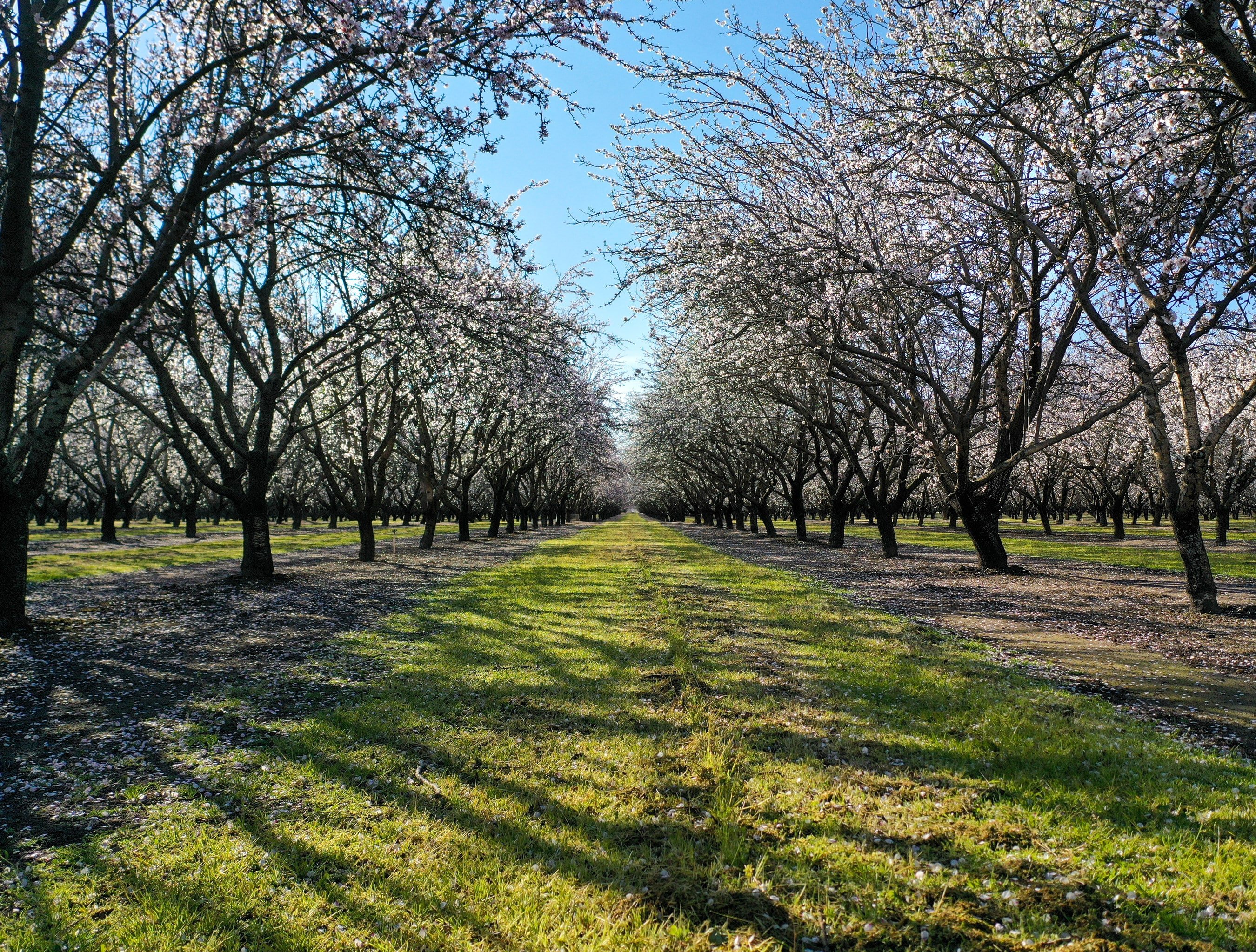Key Takeaways:
- KIND Snacks announces key milestones in its commitment to sourcing 100% of its almonds from farms using regenerative agriculture practices by 2030.
- Partnership with Wolfe's Neck Center secures over $300,000 in funding to support regenerative practices in KIND’s almond supply chain.
- The KIND Almond Acres Initiative nearly doubles its acreage to 1,000 acres in California to test regenerative practices in water-stressed areas.
- KIND continues to collaborate with agtech companies and research institutions to enhance regenerative agriculture practices and sustainability impacts.
KIND Snacks and Regenerative Agriculture Goals
KIND Snacks, known for its focus on creating nutritious snacks and fostering a kinder world, has made significant progress toward its ambitious sustainability goals. In 2023, KIND committed to sourcing 100% of its almonds from farms using regenerative agriculture practices on a mass-balance basis by 2030. As one of the largest buyers of almonds, KIND is taking active steps to influence sustainable practices across the industry.
Partnership with Wolfe's Neck Center
As part of its commitment to regenerative agriculture, KIND has announced a partnership with Wolfe's Neck Center for Agriculture and the Environment, a nonprofit organization focused on advancing food systems through regenerative farming. This collaboration, Wolfe’s Neck Center’s largest focused on almonds, will bring more than $300,000 in funding to support the adoption of regenerative practices in KIND’s almond supply network.
The funding, partly made possible by the U.S. Department of Agriculture Partnership for Climate-Smart Commodities Program, will help growers implement regenerative practices like cover cropping and soil amendments. The initiative also provides growers with technical assistance and access to measurement, reporting, and verification tools, ensuring greater transparency and sustainability across the almond supply chain.
Through this partnership, KIND aims to ensure that 30% of its almond supply leverages regenerative practices by 2025 as a first step towards the 2030 goal.
Expansion of the KIND Almond Acres Initiative
The partnership with Wolfe’s Neck Center is supported by the KIND Almond Acres Initiative, a regenerative agriculture pilot project launched in 2023 in collaboration with ofi (Olam Food Ingredients). The initiative, which originally focused on testing five regenerative practices across 500+ acres in Madera County, California, will now expand to nearly 1,000 acres in year 2.
The second pilot farm, located outside of Bakersfield, California, will test regenerative practices in a region that received half as much water as the initial pilot farm. The expansion allows for crucial research on the effectiveness of regenerative practices in more water-stressed areas, which is increasingly important as the agricultural industry faces climate-related challenges.
Early results from the first year of the KIND Almond Acres Initiative have been positive, informing the expansion and the ongoing support for almond suppliers in adopting regenerative methods.
Agtech Solutions and Continued Collaboration
In year 2 of the KIND Almond Acres Initiative, the company is expanding its partnerships to integrate agtech solutions that enhance regenerative practices. KIND is working with:
- LandScan AI to enable real-time amendments to the regenerative agriculture pilot for improved sustainability outcomes.
- Regrow Ag to measure and model on-farm carbon outputs for broader industry applications.
KIND also continues to collaborate with regional partners through the California Water Action Collaborative and its partnership with the Williams Lab at UC Davis, focusing on water conservation and agricultural research. Additionally, KIND is investing in the next generation of sustainable change agents through its scholarship program with UC Merced.
Industry Leadership and Future Goals
KIND’s efforts to scale regenerative agriculture practices are seen as a model for the broader almond industry and other specialty crops. Through partnerships, research, and innovation, KIND is driving meaningful progress toward a more sustainable food system.
As Caitlin Birkholz, Sustainability Impact Manager for Regenerative Agriculture at KIND, explains, “Transparency and collaboration across multiple partners are essential to advancing regenerative agriculture. By openly sharing knowledge and working together, we can drive meaningful progress and build a more sustainable future for the industry.”



1 Comment